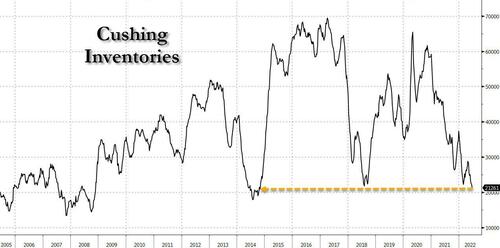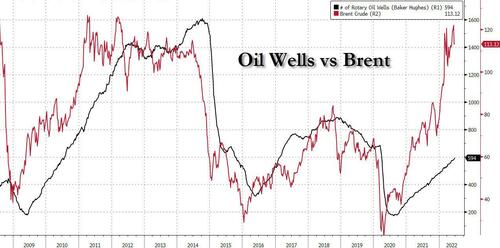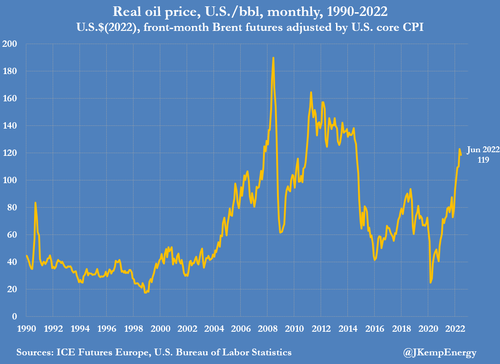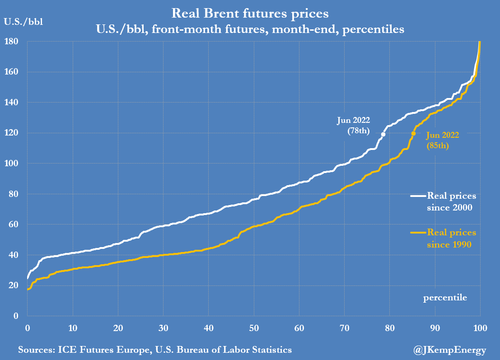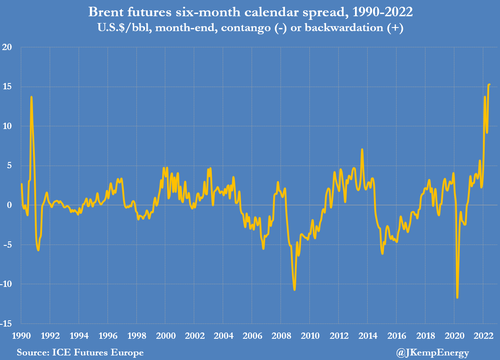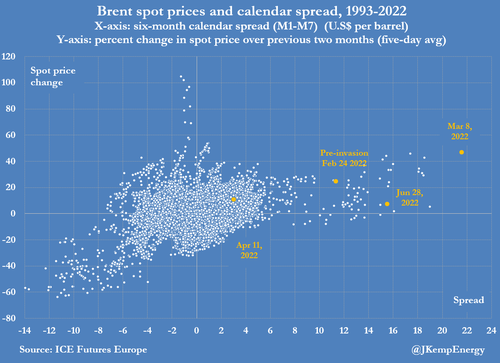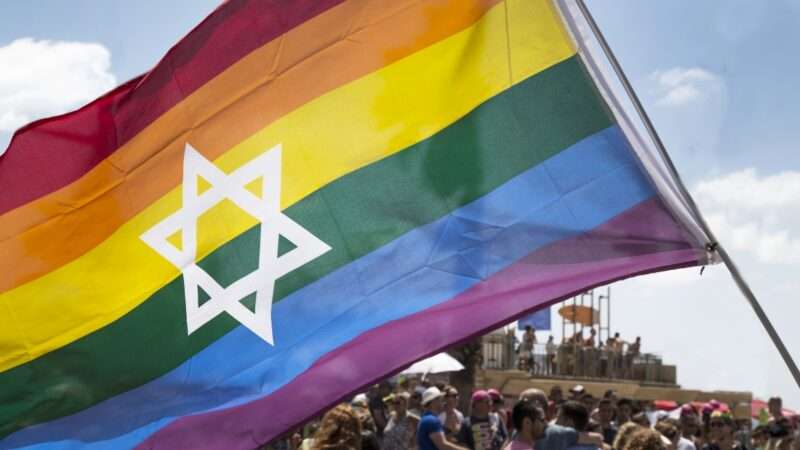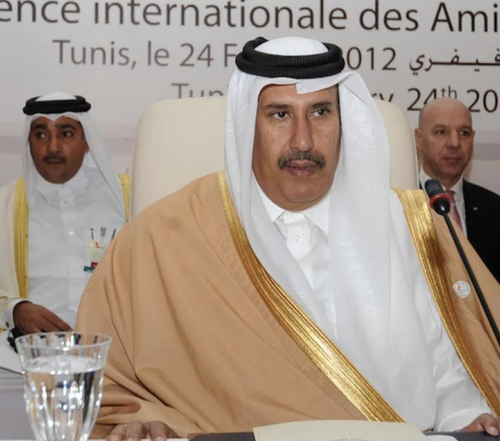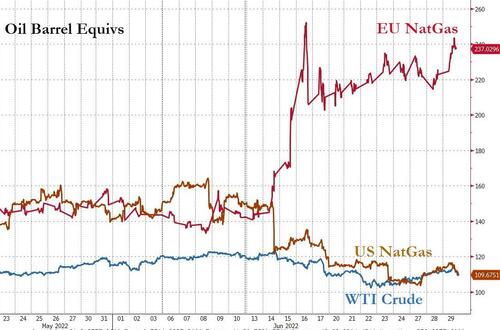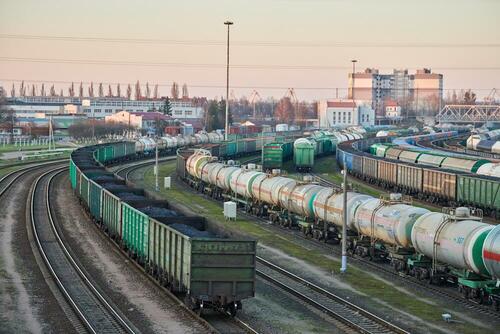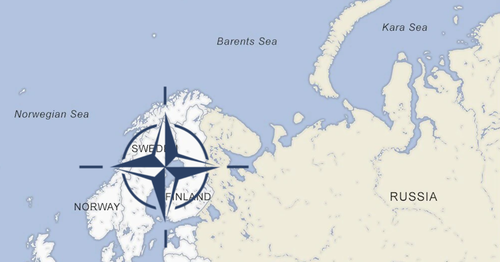Apply Lessons Of Ukraine – Send Weapons To Taiwan “Earlier” In Face Of China Threat: UK’s Truss
UK Foreign Secretary Liz Truss has made her perhaps most provocative comments yet aimed at both Russia and China. It’s sure to result in swift protest and condemnation from Beijing, given she invoked the Taiwan comparison while expressing regret over not sending more weapons to beleaguered Ukraine sooner.
She said Wednesday that the West needs to learn the lessons of Putin’s Ukraine invasion and apply them to Taiwan: “We should have done things earlier, we should have been supplying the defensive weapons into Ukraine earlier. We need to learn that lesson for Taiwan.”

Her words before MPs strongly suggested that Russia’s “special operation” in neighboring Ukraine has emboldened Xi Jinping in pursuing a military invasion and occupation of Taiwan. China’s government has consistently and forcefully rejected any comparisons between the Ukraine and Taiwan situations.
In the briefing she delivered before the Foreign Affairs Committee, Truss continued, “There’s always a tendency, and we’ve seen this prior to the Ukraine war, there’s always a tendency of wishful thinking, to hope that more bad things won’t happen and to wait until it’s too late.”
Part of her rationale was the lengthy and costly amount time it takes from the moment the decision is made to send in weapons, to the time they can actually get deployed by the Ukrainians on the battlefield:
“Every piece of equipment we have sent takes months of training, so the sooner we do it the better,” she said.
This week UK Prime Minister Boris Johnson appeared to argue something similar, however without wading into the controversy of Taiwan independence:
Speaking to reporters on the plane to the Nato summit in Madrid, Boris Johnson said: “I just think it’s very important that countries around the world should not be able to read across from events in Europe and draw the conclusion that the world will simply stand idly by if boundaries are changed by force.
“That’s one of the most important lessons that we pick up from Ukraine.”
Some Britons on social media angrily sounded off as Truss is apparently eyeing military aid to Taiwan at a moment the UK’s own stockpiles are already being shipped overseas in large numbers and depleted, in order to prop up Ukraine’s defenses:
Boris just Pledged another £496 Million to Ukraine. Now Liz Truss wants the UK Taxpayer to ‘Arm Taiwan’ in case china invades. These LUNATICS are Destroying this Country as every day passes! pic.twitter.com/mtxIP1P35K
— Holly Christmas (@HollyChristma1) June 29, 2022
Like the US, the UK at least officially holds to the ‘One China’ policy and thus doesn’t have diplomatic or defense pacts with Taipei. Beijing officials are more than likely to see these latest ultra-provocative Taiwan comparisons as a severe violation of the spirit of One China.
As for the Russia-Ukraine conflict, it remains anything but certain whether if the West armed Kiev earlier this would have made a significant difference in the trajectory of the war. There’s lately been increasing acknowledgement among Western pundits and the clear momentum is with Russia as it slowly gobbles up Donbas territory. President Zelensky is asking billions more in aid from the West as a summit of NATO heads gather in Madrid this week.
Tyler Durden
Thu, 06/30/2022 – 05:45
via ZeroHedge News https://ift.tt/RLyHna5 Tyler Durden
